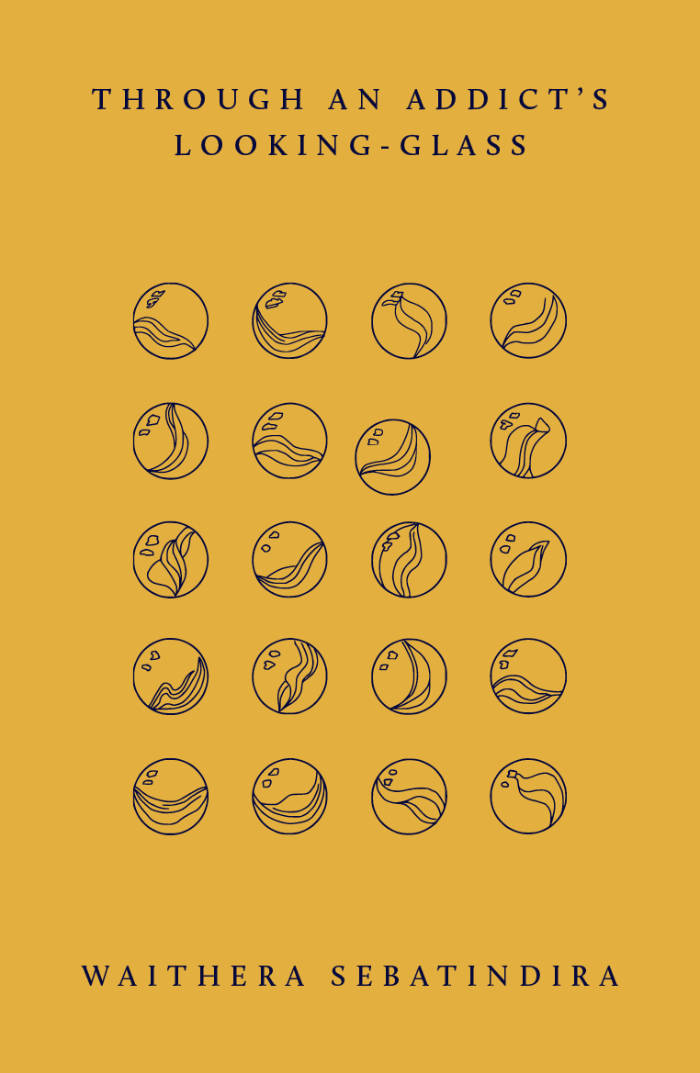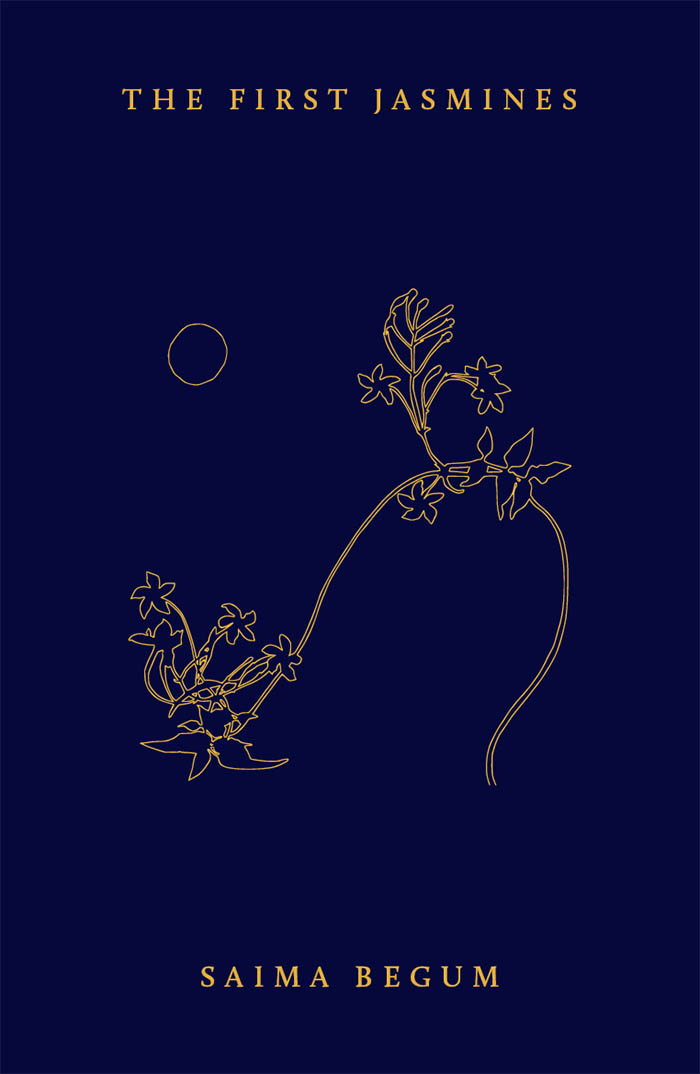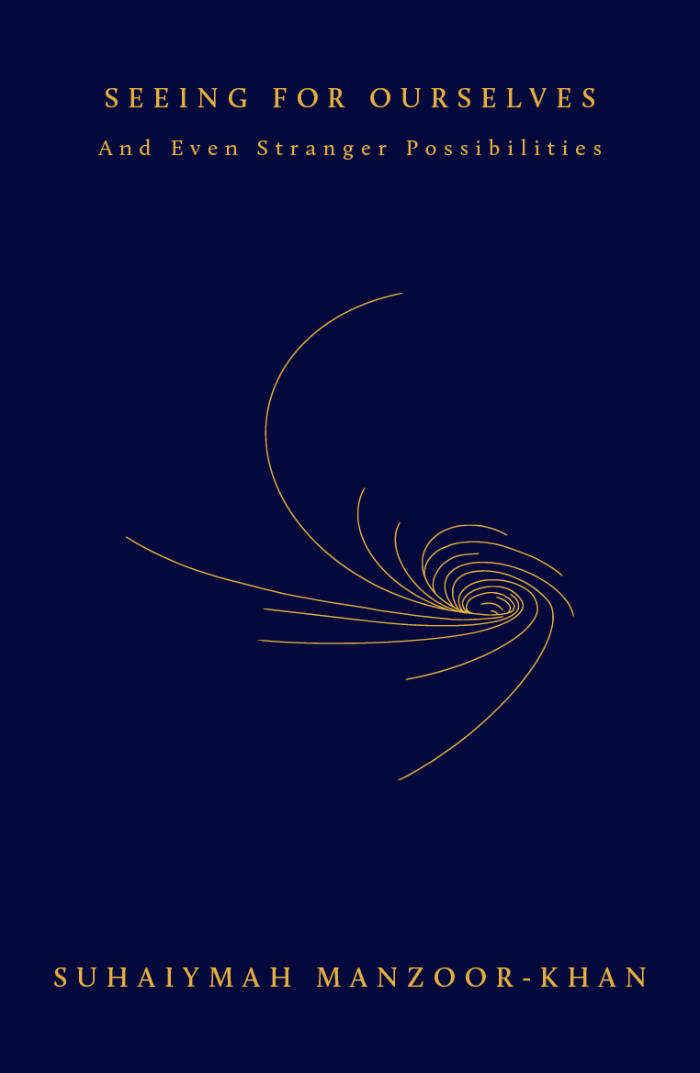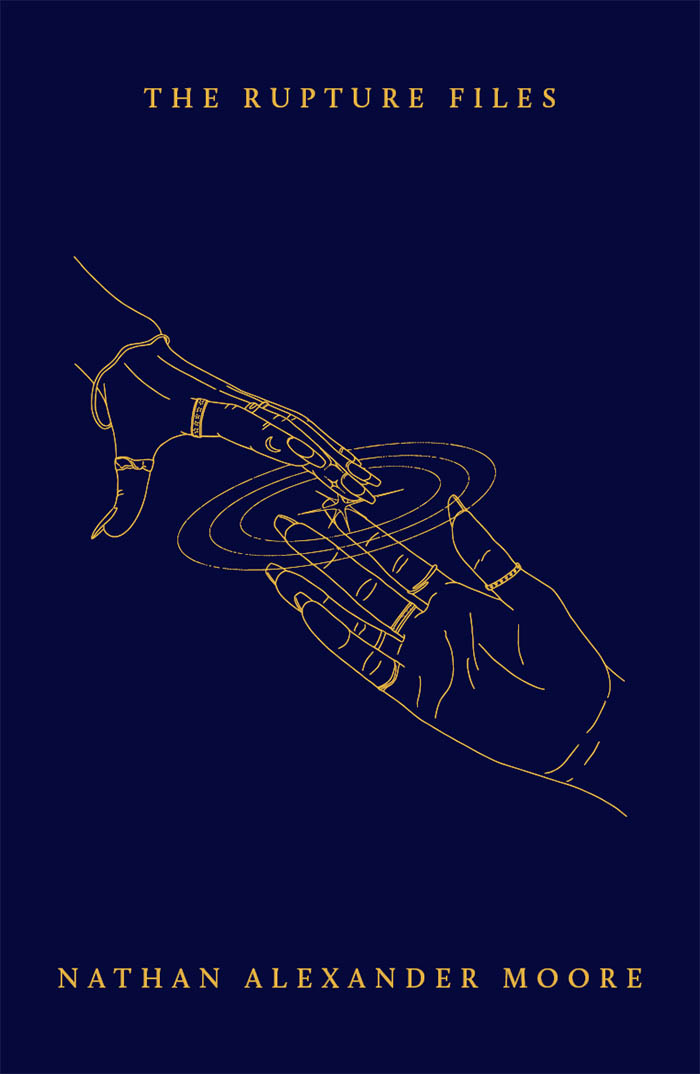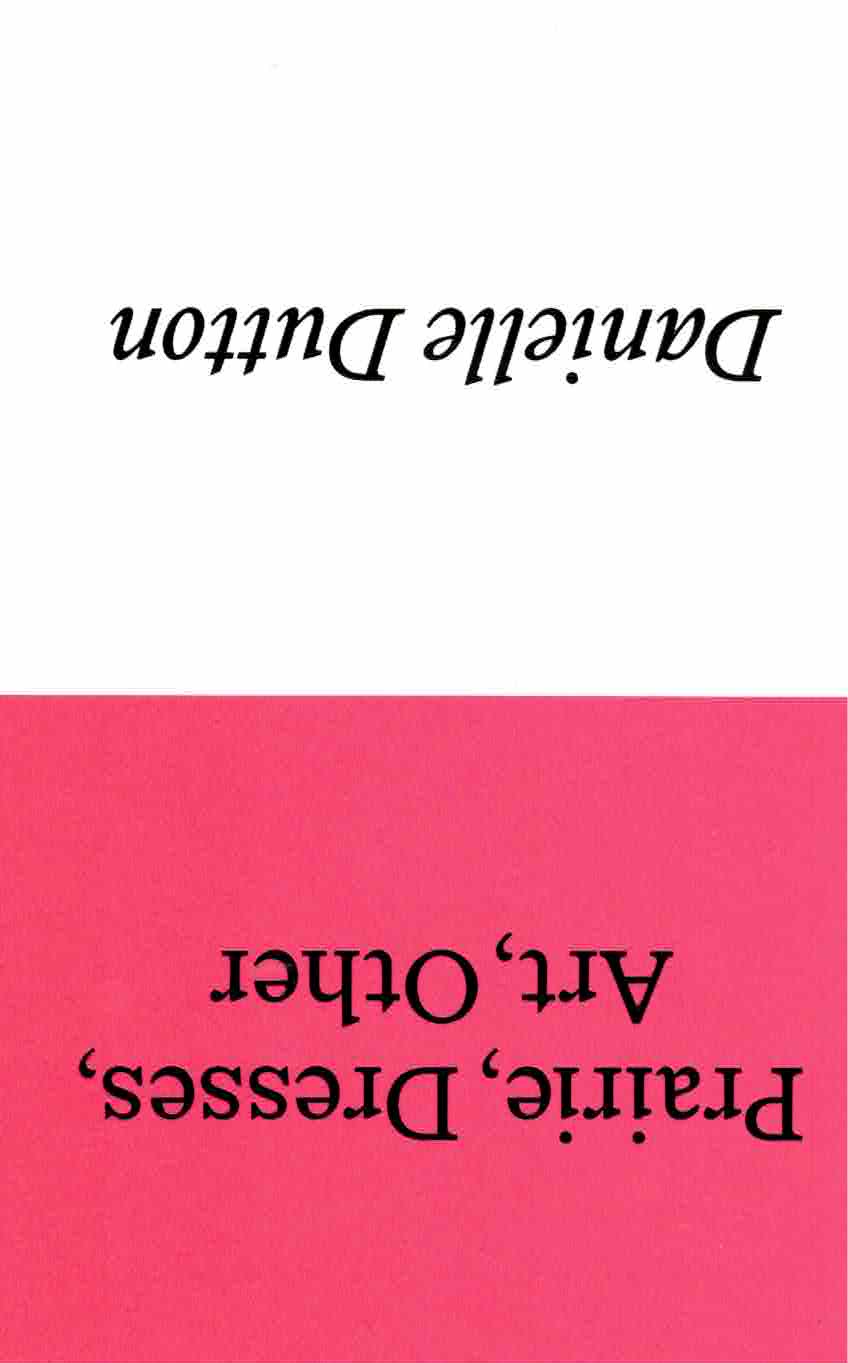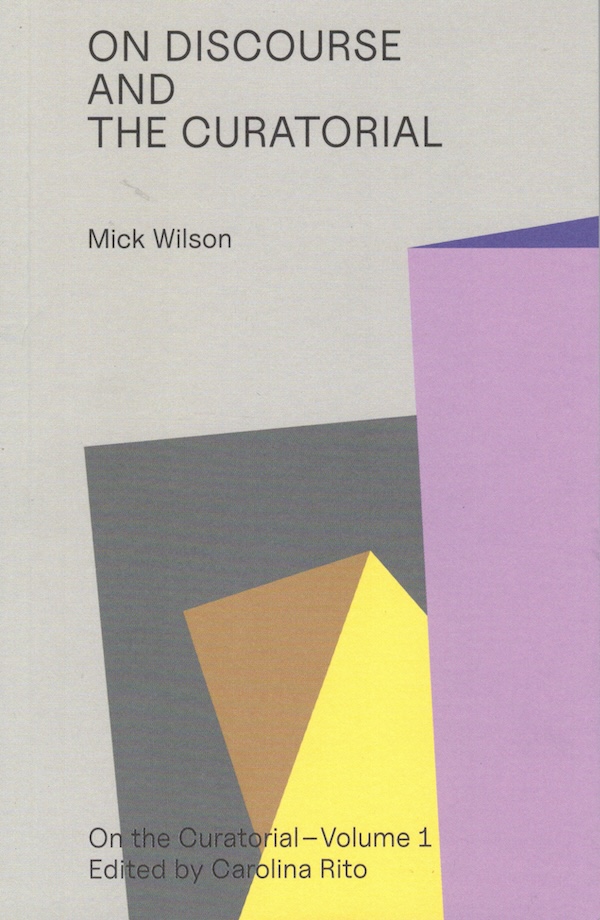
We, the Heartbroken
What do we do when the world breaks our hearts? Racial capitalism in the age of pandemic continues to crush ever more lives and spirits. Yet, we are told repeatedly to master, to overcome, to be resilient. Beneath this fragile pretence of coping, many of us have grown used to living with profound and fathomless sorrow.
In graceful prose, Gargi Bhattacharyya navigates collective grief and how it mingles with personal tragedy. Alongside love and joy, perhaps grief is what makes us human―and while its pain scrapes our wounds, its presence can help us renounce that which exists and build anew.
Heartbreak is the class consciousness of our times. So, it is up to us, the heartbroken, to learn again to heal—and remake the world.
"We, the Heartbroken reckons with loss and grief’s fullness and its surprising abilities to make us alive to one another … entranced by one another again. We are called upon to do this work, to allow for heartbreak to engender capaciousness and collectivity."
— Full Stop
Gargi Bhattacharyya lives and works in London. Their work includes writing on racism, racial capitalism, austerity and war.

